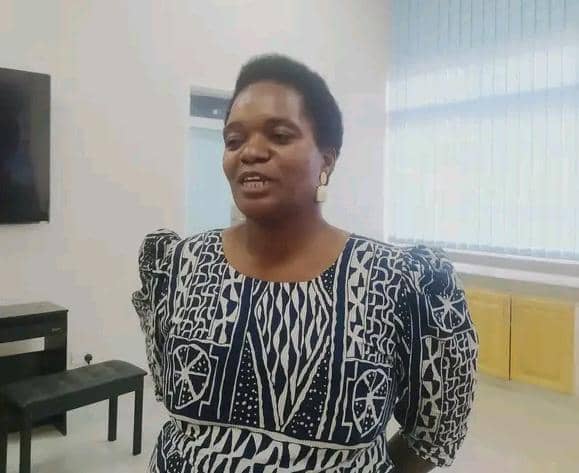NIGERIA: State House Allocates N15bn For SUVs, Tyres, And Office Complex In 2025 Budget
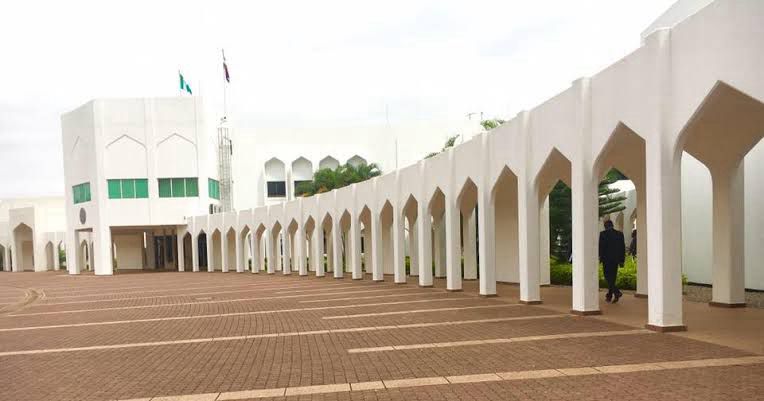
By Onoja Baba, Nigeria
The Nigerian State House has proposed a budget of N15.09 billion for the purchase of SUVs, car tyres, and the construction of an office complex for Special Advisers and Senior Special Assistants as part of the 2025 Appropriation Bill.
The budget, titled “Budget of Restoration: Securing Peace, Rebuilding Prosperity,” was presented by President Bola Ahmed Tinubu to the National Assembly, outlining an ambitious N49.70 trillion spending plan aimed at addressing the nation’s pressing challenges.
Details from the budget reveal significant allocations for tyres for bulletproof vehicles, plain cars, and other utility vehicles, alongside the replacement of SUVs and the purchase of operational vehicles.
An additional sum has been proposed for the construction of a new office complex intended to accommodate key presidential aides.
The document also includes provisions for the annual maintenance of the Presidential Villa, underscoring the administration’s emphasis on keeping its administrative hub fully operational.
In his address to lawmakers, President Tinubu reaffirmed his administration’s commitment to strengthening national security and revamping critical infrastructure.
The proposed budget allocates trillions of naira to defence, infrastructure, education, and health, with key projects like the Lagos-Calabar Coastal Highway and Sokoto-Badagry Highway highlighted as priority initiatives. Significant funding has also been designated to enhance healthcare services and expand access to education, including the establishment of new higher institutions.
The budget is underpinned by optimistic economic assumptions, including a projected drop in inflation and a strengthened exchange rate. However, it also reflects the government’s reliance on borrowing to cover a substantial deficit of N13.39 trillion.
While the President has framed the budget as a tool for restoring hope and rebuilding prosperity, questions remain over the scale of expenditures on non-essential items like vehicles and office facilities in a country battling economic hardship and widespread poverty.
As the National Assembly begins its review, the proposed allocations are likely to spark debates over priorities and the government’s ability to deliver tangible results for Nigerians.
categories
recent posts
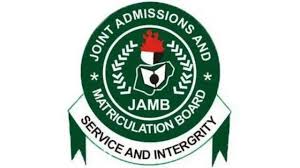
NIGERIA: JAMB Offers Cash Reward To Debunk Exam Town Misinformation

Chelsea Edge Everton To Break Into Premier League Top Four
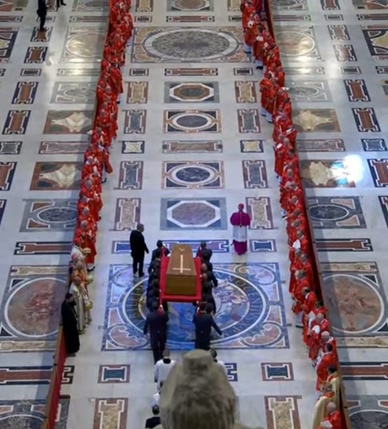
World Mourns as Pope Francis’ Coffin Arrives at Rome Basilica for Final Burial
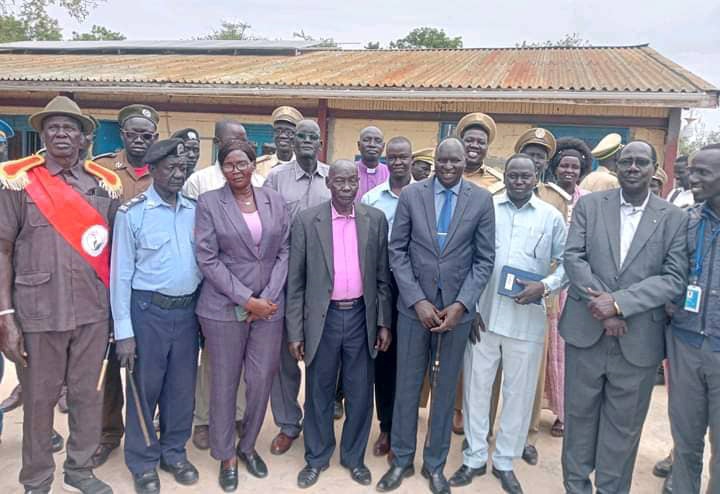
SOUTH SUDAN: Measles Vaccination Campaign Launched In Twic East County
